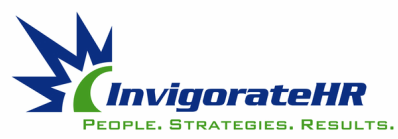|
Despite the increase in corporate commitments to Diversity, Equity, Inclusion, and Belonging (DEIB) and the growing acceptance in society of Lesbian, Gay, Bisexual, Transgender, Queer, Intersex, and Asexual people (collectively known as LGBTQIA+), according to the Human Rights Campaign, 46 percent of LGBTQ individuals remain closeted at work. The main reasons LGBTQIA+ people choose to remain silent is due to:
Progress over the last two decades has been made but it is still an ongoing challenge. According to a recent report by the Human Rights Campaign, they counted 842 employers who achieved a perfect score and 1,271 companies who are actively participating in its 2022 corporate equality index, which benchmarks participants on their LGBTQ-inclusive benefits, policies, and practices. This is compared to 300 total participants and 13 organizations receiving top scores when the report was launched in 2002. Establishing a safe workplace and inclusive culture for all employees is imperative for the overall well-being of the workforce. Human Resources (HR) has a unique relationship with both the corporation and the employee. Below are several ways HR can support an inclusive environment.
It takes personal courage for LGBTQIA+ people to represent themselves authentically, especially in the workplace. An inclusive culture affects all aspects of the business such as employee recruitment, retention, and productivity. When we allow each person to have a voice and to be heard in a supportive environment, we empower everyone for success. Adapted from SHRM Comments are closed.
|
Archives
December 2024
|


 RSS Feed
RSS Feed